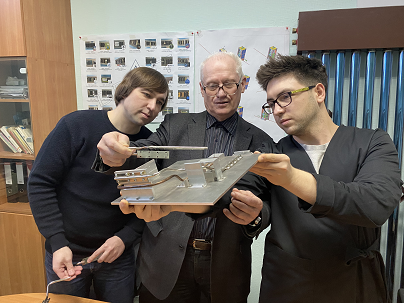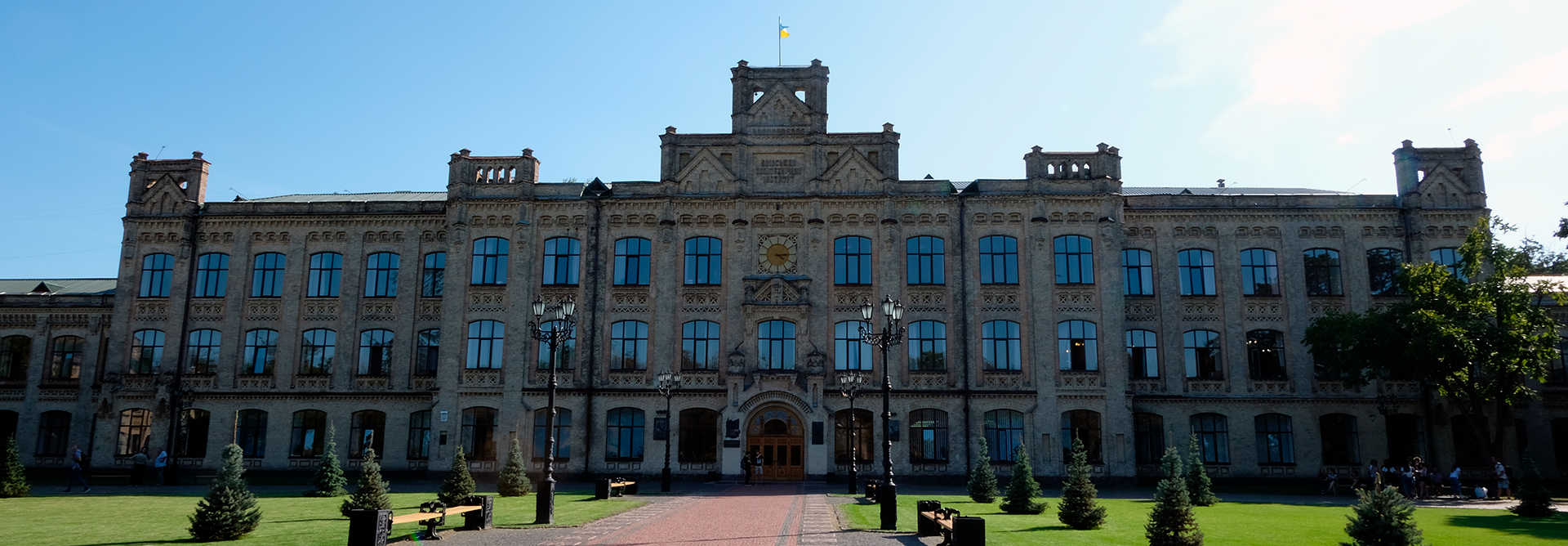December 5, 2020, marked the successful completion of the primary stage of JAXA’s Hayabusa2 mission. That day the capsule containing samples from asteroid Ryugu finally returned to Earth. Mission’s success could not have been achieved without the involvement of researchers from Ukraine’s Igor Sikorsky Kyiv Polytechnic Institute, who developed heat pipes for MASCOT – one of the four rovers that were on board the Hayabusa2 spacecraft.
The mission began on December 3, 2014, when Hayabusa2 was launched from the Tanegashima Space Center in southern Japan. It was destined for Ryugu, a C-type asteroid, whose orbit cuts between those of Earth and Mars. Spacecraft’s flight to Ryugu covered more than 300 million kilometers and lasted nearly three and a half years. In October 2018 MASCOT took asteroid’s photos, then landed on Ryugu’s surface and collected rock samples for research. In total, this lithium battery-run rover had been in operation for over 17 hours.
MASCOT was developed by the German Aerospace Center and the French National Center for Space Studies in conjunction with Igor Sikorsky Kyiv Polytechnic Institute (KPI). KPI was entrusted with the task of designing and manufacturing high-efficiency heat transfer units for the rover with variable thermal resistance. The project was carried out by a team of researchers representing KPI Faculty of Heat and Power Engineering, who worked under Prof. Volodymyr Kravets.
It took the team over three months to run experiments, and two months more to fine-tune configuration, as well as to make dozens of prototypes to get the goal. Ultimately researchers succeeded in creating the sound heat units, developing pipes made of metal fiber material with a highly porous structure. Taking an innovative approach, they increased material’s porosity from 60% to 90%, which resulted in higher heat transfer efficiency.

